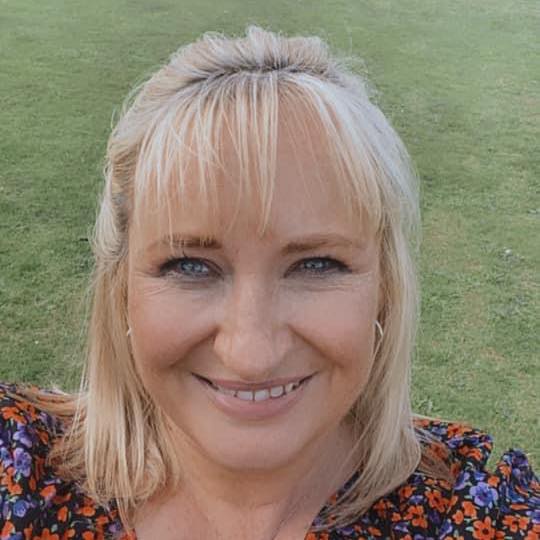Today is part 2 of my blog on building resilience. If you missed part 1, go back and take a look at the first two tips for building resilience. Let’s dive straight in to the final three tips.
Learning from adversity
As we get older, it’s natural that we reflect more on our lives: what’s happened to us; people who’ve affected us, for good and for bad. But in terms of how resilient we feel, what’s happened to us is less important than the way we tell the story of what’s happened to us. Life is a very good teacher. Through many years of working clinically with people, and from personal experience, it’s evident that the most excruciatingly painful times in life are the ones that that can teach us the most. Adversity can have a profound and meaningful transformative effect on us. First you need to acknowledge the trauma. It hurts. Grief hurts. Loss is painful. How do you go on when you are suffering or feel overwhelmed? Allow yourself to feel; to be present; to be kind to yourself and your experience of pain. It can be very dark, but only in the darkness can we see the stars. How do I work with this so it’s transformative, not just another episode of suffering? What can I learn? No experience, however painful, should be wasted.
If you’re going through a tough time right now, be kind to yourself. If you can, try not to resist and fight any emotional pain you are experiencing. Sit with it. Accept this is hard, but you are doing well and will get through this. When a wave of sorrow or anger comes upon you, notice it, accept it, don’t push it away. Try to be as gentle and encouraging with yourself as you can be.
Having a voice and being authentic
Many people, especially women, were brought up to be ‘nice’ and ‘polite’ and have never felt free to be their true, authentic selves for fear of upsetting others by having opposing views or even a voice. One of the wonderful aspects of aging is that we have the ability to grow into our authentic selves as we stop being so imprisoned by worrying about what others think of us. A trap that many people fall into is the fear of being selfish. How many times do we convince ourselves that we should neglect our own needs or wants or fail to take care of ourselves for fear of being selfish or self-indulgent? As carers, this may well be something you struggle with. Part of being comfortable with your authentic self, and thus feeling more resilient, is learning to hold the tension between being kind to others and aware of their needs, without neglecting your own. In order to feel resilient and have a sense of well-being you need to know how you deserve to be treated, build and maintain boundaries and have balance in your life. This will help you to make good, healthy choices – physically and mentally.
Intentionally practice an attitude of gratitude
The great news for us is that psychological research suggests our emotional well-being improves as we age. This is partly due to us learning to appreciate pleasure in the ordinary aspects of our lives and relationships, rather than focussing on achieving, competing and acquiring material possessions. But this doesn’t have to be related to getting older. Psychologists have suggested it is more related to our perspective of time and this can be learned at any age. The more someone (of any age) realises that life is short and fragile, the more their perspective and ability to appreciate it shifts. Gratitude is transformative. We have all made mistakes and have some regrets. Learning from these is part of why we get wiser as we age. Life may not be exactly as you wanted it to be. Well-being is strengthened when we have achievable hopes and goals but we also need to appreciate what we have right now. Lots of human suffering comes from expectation: our lives not measuring up to our blueprint and feeling helpless to change it. Resilience is built when we practise being grateful for what we have. It’s a good idea to write down things we are grateful for. You might decide to write 3 things you are grateful for as a daily practice to focus your mind. Remember,the sun is always shining but sometimes the clouds prevent you from seeing it.

Clinical Psychologist
Chartered by the British Psychological Society
Dr Gemima Fitzgerald bio
It wasn’t until I was in my mid-30s, and going through a really difficult divorce and feeling like a huge failure, that I decided to start again and study Psychology BSc at the University of Sussex in the UK. After I finished that, I embarked on a doctorate in Clinical Psychology at the University of Surrey. Following qualification, I worked for a hospice in their Specialist Palliative Care Psychology Service before becoming the lead for the hospice Bereavement Service. I have always had a strong interest in teaching and empowering others, and my particular expertise is in the area of building resilience. My doctoral research was around the processes involved in developing resilience, and I was invited to do a TEDx talk on this subject in 2015.
I am now Principal Psychologist in a male prison where I lead the psychology team in the mental health service, which has enabled me to work with the most challenging mental health and behavioural difficulties. As well as my lead role in the prison, I founded my own company and work freelance in a diverse range of settings; from private practice, to working with homelessness, hospices, family carers of people with dementia, and the NHS. I regularly run training courses on building resilience for staff, carers and patients as I love seeing people learn these skills and start to feel a greater sense of well-being.

